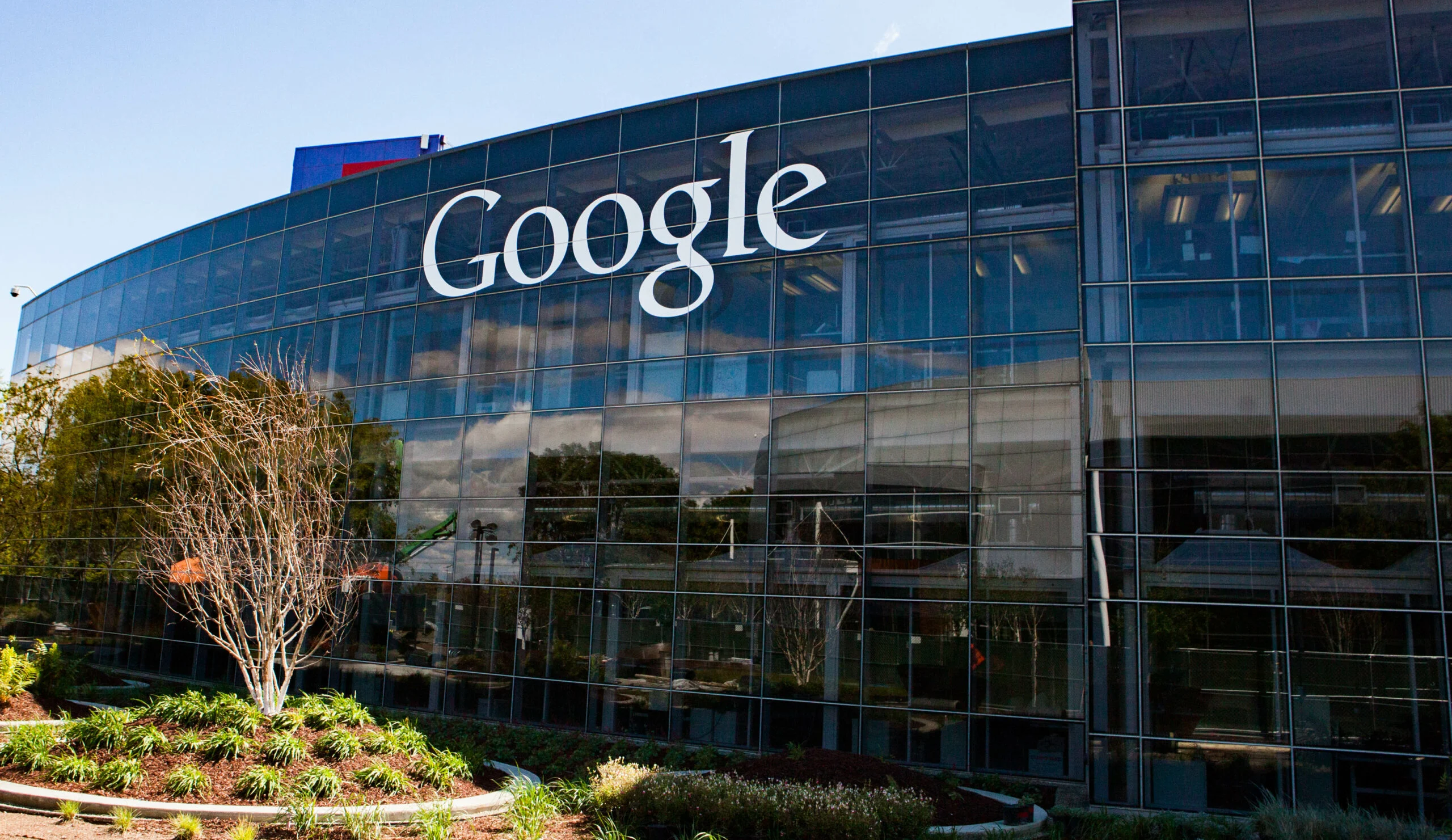Google’s JavaScript update: What it means for affiliate marketers and ad hijacking prevention

In January 2025, Google implemented a significant change requiring JavaScript to be enabled for accessing its search results pages. This move has some huge implications for affiliate marketers, particularly in areas like ad hijacking prevention, search engine optimisation (SEO), and the ability to use monitoring tools like BrandVerity and AdPolice.
Today, we’re going to walk you through these changes: what they mean, how they impact marketers, and how affiliates can adapt effectively.
Understanding Google’s JavaScript requirement
Traditionally, Google’s search results were accessible via static HTML, which allowed specialised tools to scrape data for analysis and monitoring purposes. However, as of January 15, 2025, Google brought in a new rule that JavaScript must be executed to display search results, citing enhanced security and user experience as primary reasons for this shift.
This change means that browsers or tools without JavaScript enabled cannot access Google’s search results, which effectively prevents traditional scraping methods. For affiliate marketers, this can have a huge change in monitoring search engine results pages (SERPs) for unauthorised activities like ad hijacking—a serious problem in the industry.
Impact on ad hijacking prevention
Ad hijacking is something that happens when unauthorized parties, including, sometimes, other affiliates or competitors, mimic a brand’s advertisements to divert traffic and revenue. Tools like BrandVerity and AdPolice have been vital for detecting and preventing such activities by monitoring SERPs for trademark infringements and unauthorised ads.
With Google’s new JavaScript requirement, these monitoring tools may become obsolete—or need to find complex workarounds. Traditionally, scraping tools like these use static HTML, which will no longer work. Instead, software developers will need to find more sophisticated methods that are capable of executing JavaScript to access dynamic content.
What are the consequences for affiliate marketers?
For now, at last, affiliate marketers are effectively unable to automatically monitor SERPs. This could, without adaptation, lead to a number of negative outcomes, including:
- Increased Ad Hijacking: Without effective monitoring, unauthorised ads may become a lot more common, causing a loss of revenue, and possible brand dilution.
- Higher Advertising Costs: Ad hijacking can inflate cost-per-click (CPC) rates, as unauthorised ads compete with legitimate ones. This may end up driving up prices for affiliates.
- Erosion of Consumer Trust: Consumers exposed to misleading or fraudulent ads may lose trust in the brand, impacting long-term customer relationships.
How affiliates can adapt to the changes
Thankfully, it’s not all bad news—and there are strategies that affiliate marketers can use to mitigate or reduce the negative outcomes from Google’s changes:
- Reach out to monitoring tool providers
While most software tools—like BrandVerity and AdPolice—are still deciding how to face the new Google changes, it’s worth reaching out to them. Ask whether they plan on developing JavaScript-capable monitoring tools, and, if so, how they will integrate with your existing compliance workflows.
- Invest in advanced monitoring solutions
Explore monitoring tools that have adapted to the new requirements by incorporating JavaScript rendering capabilities. These advanced solutions can navigate dynamic content, ensuring continuous protection against ad hijacking. However, it’s still early days, and you should also be prepared for potential increases in costs due to the higher resource demands of these tools.
- Leverage Google’s brand protection features
Utilise Google’s brand restriction settings to safeguard your brand’s presence in search results. These settings allow advertisers to define their brand values and preferences, maintaining control over ad placements across Google’s network.
- Implement first-party data strategies
With increasing privacy regulations and changes in data accessibility, building robust first-party data strategies is more important than ever before. Try developing direct relationships with your audience through email subscriptions, loyalty programmes, and personalised content. This will help reduce reliance on third-party data and enhance targeting accuracy.
- Focus on content quality and user experience
Google’s algorithm updates increasingly favour high-quality, user-centric content. By prioritising valuable content and improved user experiences, affiliate marketers can improve organic rankings and reduce dependency on paid advertising—something that will directly mitigate the risks associated with ad hijacking.
- Monitor and adapt to algorithm changes
Stay informed about Google’s ongoing algorithm updates and their implications for affiliate marketing. Regularly assess and adjust your SEO strategies to match Google’s new requirements, and consider working with third-party SEO agencies if your budget allows.
Conclusion
Google’s enforcement of JavaScript for accessing search results is, without a doubt, a major change—especially in the digital marketing world. If you’re an affiliate marketer, it’s yet another lesson in the importance of staying updated and informed—and being ready to take a proactive approach when it comes to monitoring practices.
It may still be early days in the context of this new Google update, but mitigation strategies are worth looking into—and taking advantage of the adaptation steps we just covered can help you to stay ahead of the curve and protect your business (and brand.)






